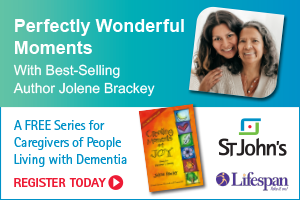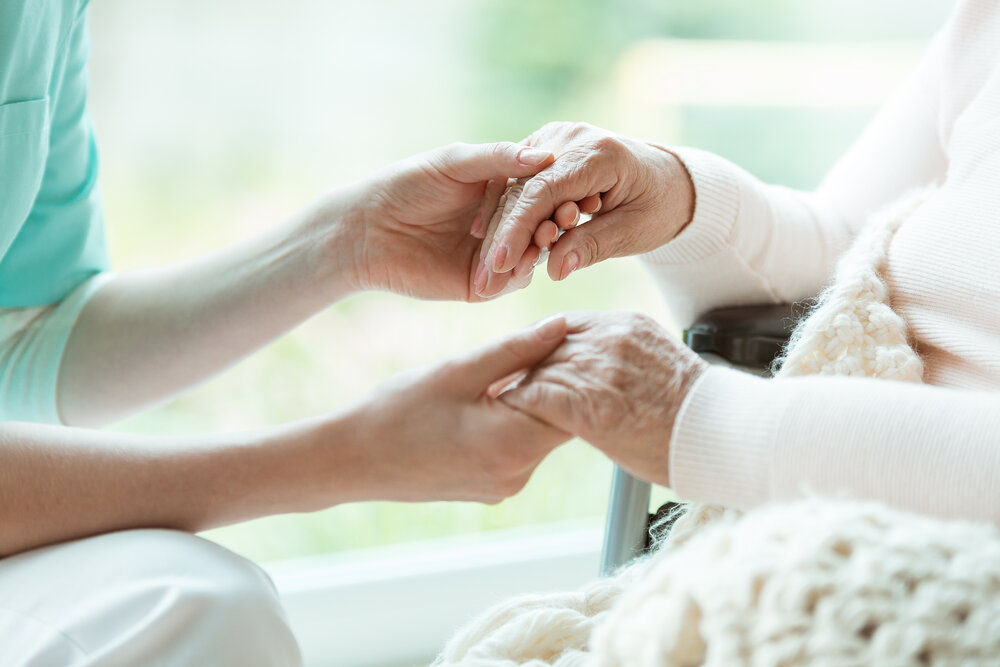Breast cancer is the most common form of cancer diagnosed among women. According to BreastCancer.Org, it is predicted that 310,720 women will be diagnosed by the end of 2024 and 84% will be 50 years or older. With age comes a greater risk of cancer as well as cognitive decline, so being aware of the causes, connections, and treatments early on can have a big impact.
Aging and Its Impact
“About 85% of breast cancers occur in women who have no family history of breast cancer,” according to BreastCancer.Org. “These occur due to genetic mutations that happen as a result of the aging process and life in general, rather than inherited mutations.”
Like most cases of cancer, dementia does not discriminate. Predisposition, overall wellness, or health incidents can be linked to cancer and dementia development, but sometimes it is simply random.
Treatments and What to Expect
If you or a loved one are diagnosed with breast cancer, there are a few treatment routes to take depending on the stage.
- Surgery
- Radiotherapy
- Chemotherapy
- Hormonal Therapy
- Targeted Therapies
Your doctor should walk you through all of the options and make you aware of the symptoms of each.
For a Neurology Clinical Practice editorial, Dr. Lawrence Whalley, University of Aberdeen, wrote “it is unsurprising that cancer-related cognitive impairment (CRCI) affects a majority—perhaps 75%—during breast cancer treatment and persistent CRCI can endure among about 30% for many years.”
It is common to hear the term “chemo brain” when discussing cancer. Many studies have shown that cognitive impairment during treatment has a lasting effect on the brain; sometimes this can even accelerate dementia progression if the patient is genetically predisposed.
According to multiple surveys, treatment with the combined use of tamoxifen and aromatase inhibitors was associated with a decrease in the incidence of dementia.
Caregiving and Cancer Treatment
If you are a caregiver for a loved one living with dementia and who has recently been diagnosed with a cancer like breast cancer you will have to make the decisions concerning treatment.
Be sure loved ones are aware — to the best of their abilities — of what is going on and how to keep their own best interests at the forefront. Depending on your loved one’s cognitive abilities, he/she may not be able to consent to treatment, so be sure all of his/her medical forms are in order. This is why filling out health care proxies early on can be beneficial.









